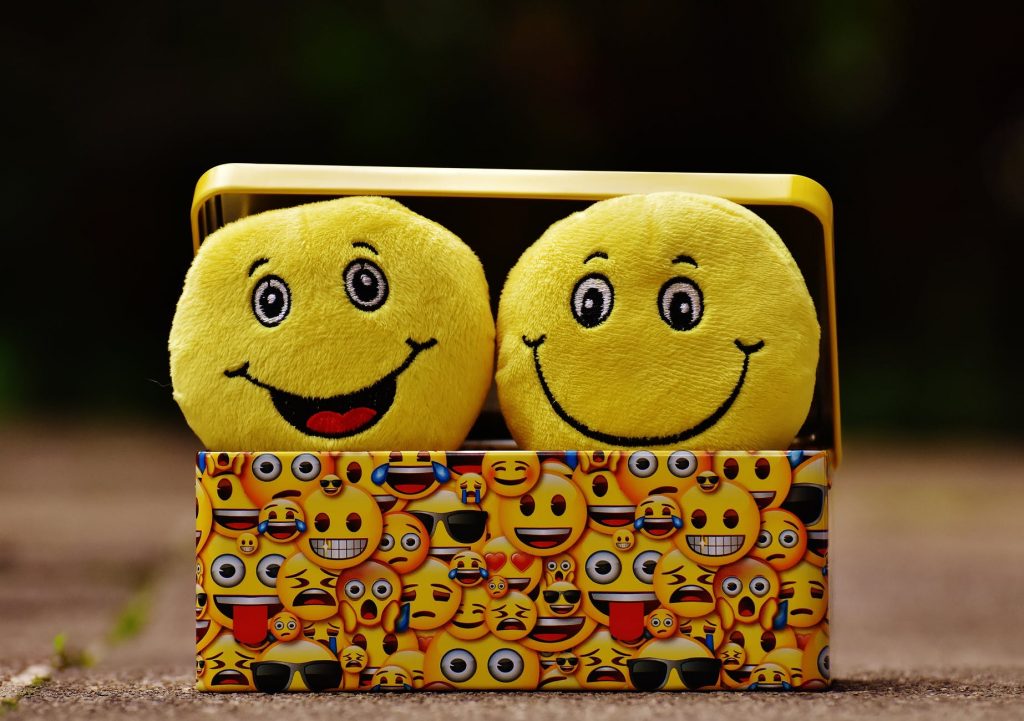The Science of Emotions

There’s more to Emotions and feelings than we know
We all have been interested in human influence –the universe of feelings and emotions –and have spent several years exploring it: why and how we emote, feel, use feelings to build ourselves; how feelings help or undermine our best intentions; how and why brains interact with the body to support such purposes.
In terms of the idea, it’s extremely simple: feelings have never been given the credit they deserve as motives, monitors, negotiators of individual cultural endeavors. People have distinguished themselves from the rest of the beings by making a spectacular assortment of things, practices, and ideas, collectively called cultures.
A frequent answer invokes a significant school of the human mind–verbal language–along with identifying features like extreme sociality and superior intellect. For those people who are biologically inclined the response also has natural selection operating at the level of genes. I don’t have any doubt that wisdom, sociality, and speech have played crucial roles in the process, and it goes without saying that the organisms capable of cultural creation, together with the specific faculties utilized in the invention, exist in people by the elegance of natural selection and genetic transmission. The point is that something else was needed to jumpstart the saga of human civilizations. That something else has been a rationale. I’m referring especially to feelings.
Feelings have never been given the credit they deserve as motivators of human civilization.
The motive should now be clear: When the complete constellation of physiological events which represents feelings started to appear in development and provided mental experiences, it made a difference. They saved and prolonged lives. Feelings conformed to the aims of the homeostatic critical and helped execute them by making them thing emotionally to their owner as, by way of instance, the occurrence of conditioned place aversion seems to demonstrate. The existence of feelings is closely associated with another evolution: consciousness and, more especially, subjectivity.
 The value of this knowledge offered by feelings into the organism in which they occur is the possible reason evolution contrived to hold on to them. Feelings influence the psychological process from inside and are compelling due to their obligate positivity or negativity, their source in activities which are conducive to health or death, and their ability to grasp and jolt the owner of the atmosphere and force attention on the circumstance.
The value of this knowledge offered by feelings into the organism in which they occur is the possible reason evolution contrived to hold on to them. Feelings influence the psychological process from inside and are compelling due to their obligate positivity or negativity, their source in activities which are conducive to health or death, and their ability to grasp and jolt the owner of the atmosphere and force attention on the circumstance.
Instead, they arise in the multidimensional mapping of body-proper phenomena woven interactively with neurological phenomena. Emotional experiences aren’t “instant pictures” but procedures in time, narratives of many micro occasions in the body proper and the mind.
It’s possible, of course, that character might have evolved differently rather than stumbled upon feelings. However, it didn’t. The principles behind feelings are so integral a part of the maintenance of life they were already set up. All that was needed was the existence of mind-making nervous systems.
In the end, feelings can annoy us delight us, but this isn’t what they’re for. Feelings are for life law, suppliers of information regarding fundamental homeostasis or the social conditions of our lives. Feelings tell us about dangers, dangers, and continuing crises that will need to be averted. On the wonderful side of this coin, they could inform us about chances.
